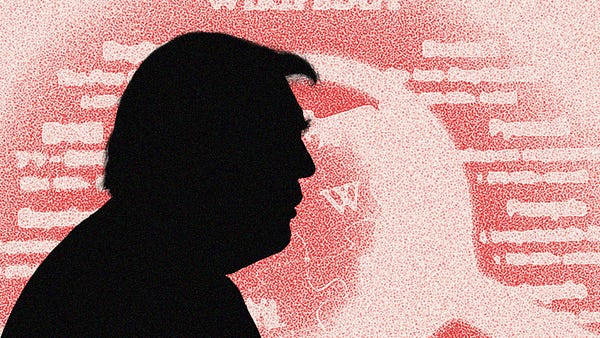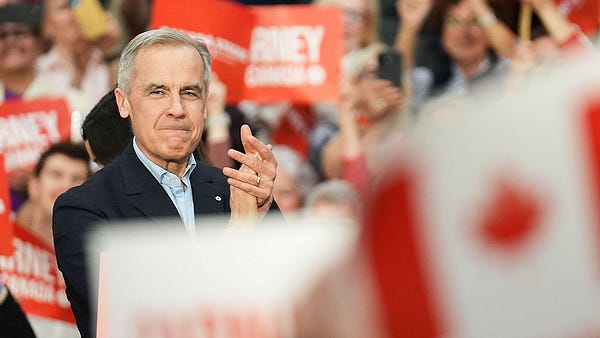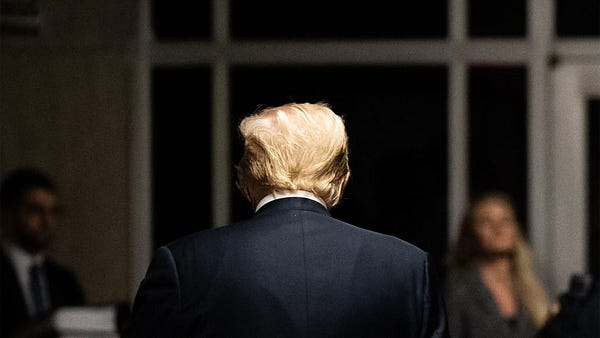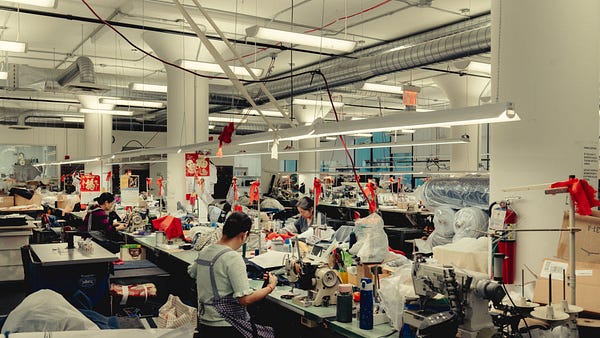
If you want to understand King Charles—who became king in September, when his mother died, and today is being formally invested with his monarchical duties—you need to understand something about the town he created. It’s called Nansledan, and it sits on a hill above the sea in Cornwall, a duchy in the far west of Britain, where Charles was duke before he became king. (It has now passed to his son Prince William. The Duchy of Cornwall always belongs to the heir to the throne.)
Nansledan is Charles’s vision, built on his land to his exact specifications. I spent three days there in January. It is perfect and strange and unreal; like Disney World, if it had been designed by a person with an obsessive interest in English domestic architecture and ancient farming methods. It is a make-believe place—a tapestry with elements of every century from the twelfth (slate walls) to the nineteenth (suburban-style villas for early commuters who travelled by horse)—but updated for comfort.
There are mini-mansions and rows of tidy cottages—ice-pink, ice-blue, mint—surrounded by fruit trees. There is an orchard, a meadow, and holes in every roof for the nesting birds. When it is fully built out, it will be home to 4,000-plus happy families squeezed onto 540 acres (less than one square mile). The shops—a chocolatier, a florist, a hatter—align with the new king’s ideals. They must be environmentally friendly and support local artisans. There is no big-box, mass market grocery store.
The good people of Nansledan, who must paint their doors colors that Charles approves of, can’t believe their luck. This is their little slice of royal nirvana. They are the gilded middle classes—the type who wash their cars on Sundays—though a third of the homes are reserved for people on low incomes. “There’s a lovely sense of community apart from the keyboard warriors and the people who are a bit cliquey,” Clare Anderson, a Methodist minister, told me. “Because the duchy has got a design code, it’s almost a stick to beat people with.”
In Nansledan, Charles has built for everyone to see the place, the snow globe he wished he’d come from. In Nansledan, there is order, and tight-knit families, and a feudal sensibility. Everyone believes in the divine right of their king, who is also their landlord. The tragedy for the farmer-king is that he cannot live there.
It is impossible to imagine Queen Elizabeth II building a town of her own, because she inherited a realm at the age of 25. Who needs another town? Also, Windsor Castle—her favorite English home—is a few miles from Legoland, so she already had a nearby theme park. More to the point, Nansledan is all about the former Prince of Wales sharing himself with the world—and Elizabeth was not a sharer.
Elizabeth never really spoke outside tightly scripted speeches, so Brits could imagine her as their loving, stolid, traditional, respectable, relatable, everywoman queen. She was our Rorschach monarch.
Of course, this was a lie—she could be spiky in private; she called one snobbish noblewoman “too grand for us”—but it was a lie we loved. In his memoir, Spare, Prince Harry said the queen was, in fact, capable of feeling all species of emotion. “She just knew better than the rest of us mortals how to control them,” he explained.
She fixed a Paddington Bear stare to her face for almost a century, and she had superb manners. At the silly Diamond Jubilee Pageant in 2012, when 670 boats gathered on the Thames in bad weather for her inspection, she stood, at 86 years old, for four hours in the rain on a river cruiser. She spent Millennium Eve at a party in the Millennium Dome, Tony Blair’s folly, looking cross. (She refused to cross arms for Auld Lang Syne). In 1953, at age 27, she left her young children with nannies—for six months—to travel through the Commonwealth, to visit her subjects across the globe.
She did what was expected of her. She did her duty.
Charles? Charles is the anti-Rorschach monarch. We don’t get to project our desires onto him, because we already know who he is. Indeed, we know far too much.












